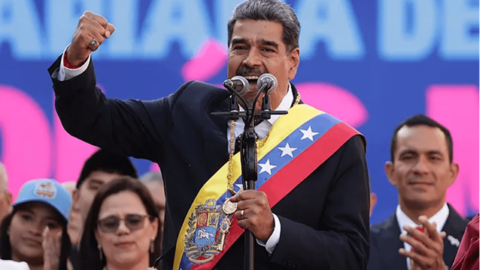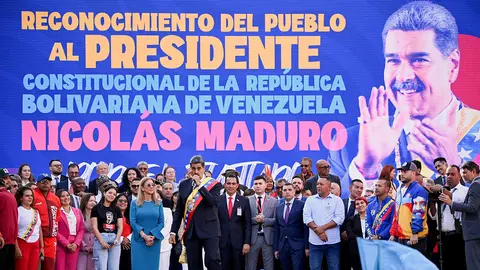Venezuela prepares for Maduro's third term in office
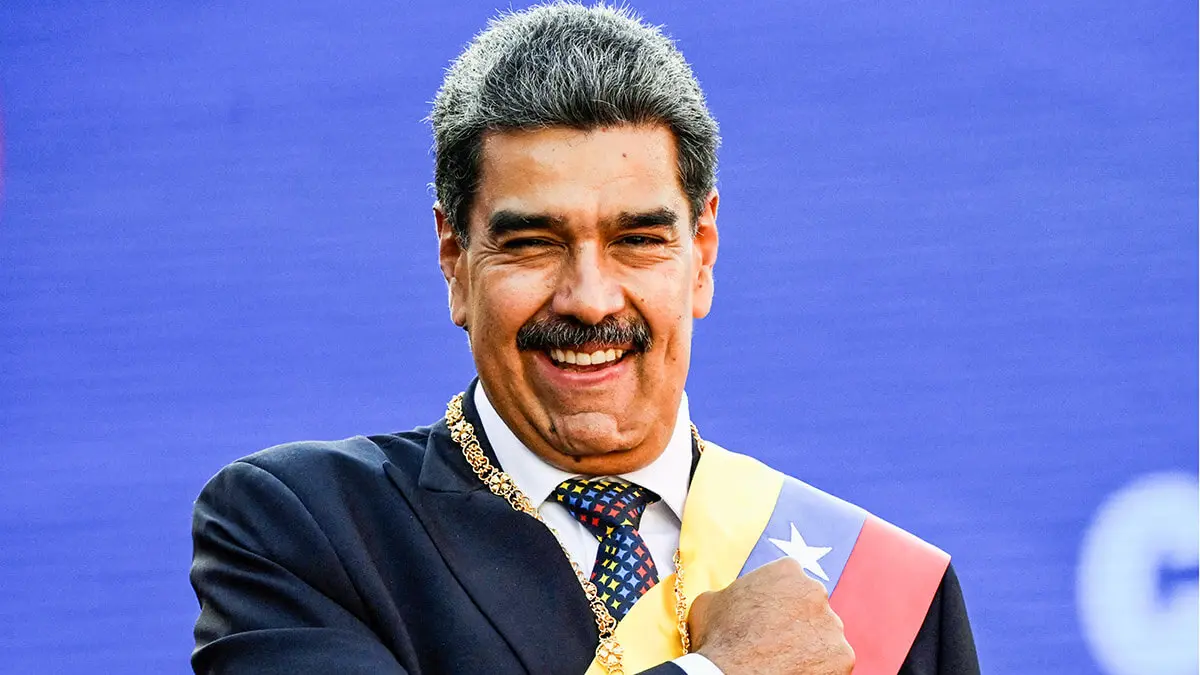
The inauguration of Nicolás Maduro as president of Venezuela for a third term has generated strong international criticism, leading to new sanctions by the United States, the European Union and other countries.
Maduro, who has renewed his mandate until 2031, was sworn in despite credible evidence presented by the opposition that his rival, Edmundo González, won the July election with a large majority.
‘We had to take the oath before the National Assembly and as we have always done, we have complied with this constitution,’ Maduro declared in his speech, despite accusations of a lack of transparency and without having presented the official electoral records.
The only visible leaders at the event were Cuba's Miguel Díaz-Canel and Nicaragua's Daniel Ortega. Most Latin American nations such as Argentina, Chile and Peru have come out in favour of recognising opposition leader González as Venezuela's president-elect, defying the official election results, which have been widely questioned internationally.
Also after the inauguration ceremony, the EU stressed in an official statement that without the voting records to back up his alleged victory, Maduro ‘lacks the legitimacy’ of a democratically elected president. In the statement, Brussels also points out that the Venezuelan authorities missed the opportunity to respect the ‘will of the people’ and ensure a democratic transition.
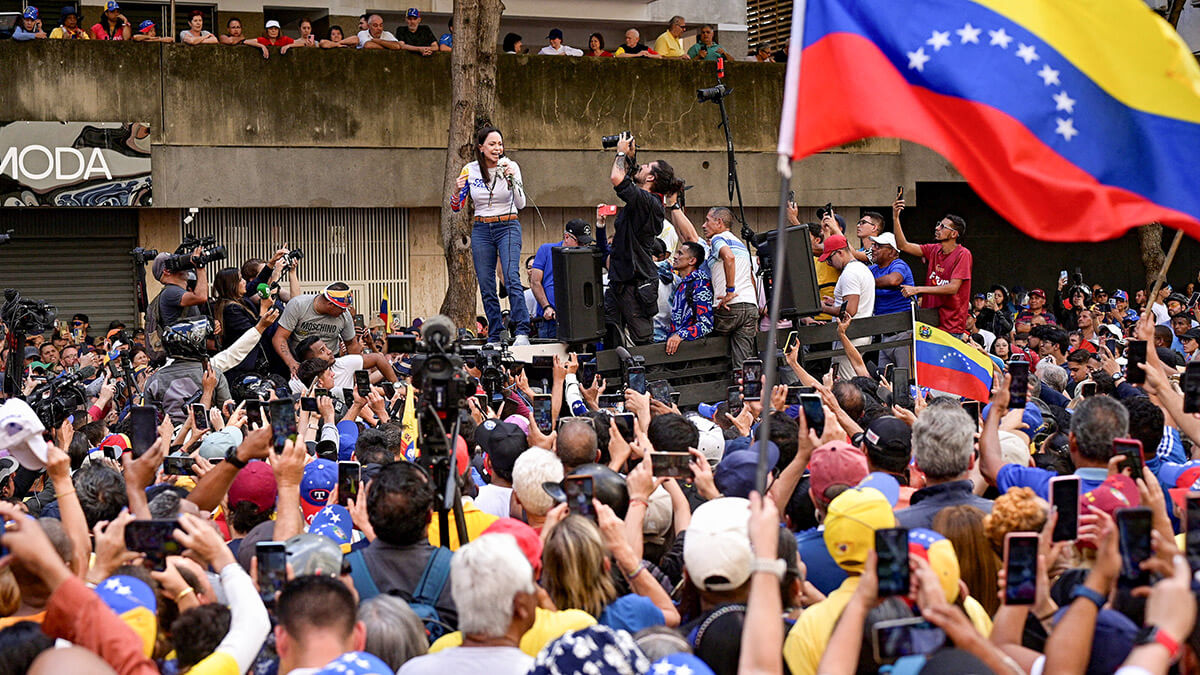
For this reason, the EU has approved a new package of sanctions against 15 individuals for ‘undermining democracy’ and human rights in Venezuela, including the president of the Supreme Court of Justice (TSJ). The revocation of the sanctions, the EU said, will depend on ‘tangible progress’ on human rights and a dialogue for a democratic transition.
The UK, Canada and the US have followed in the EU's footsteps and have also imposed new sanctions on individuals close to the Maduro regime.
En nombre de los venezolanos, agradezco a la Alta Representante para los Asuntos Exteriores de la Unión Europea por su firme respaldo a los venezolanos en estas horas de lucha. El régimen no tiene legitimidad alguna, así lo asume el mundo democrático y así lo demostramos los… https://t.co/IBsJbP0TRo
— María Corina Machado (@MariaCorinaYA) January 12, 2025
However, outgoing US President Joe Biden has decided not to increase sanctions against the Venezuelan energy sector, explaining that if sanctions in this area were to be increased, it would open up an opportunity for Iranian oil.
On the other hand, opposition leader María Corina Machado has accused Maduro of ‘consolidating a coup d'état’ in front of Venezuelans and the world, crossing ‘the red line that makes the violation of the Constitution official’. She also assured that González will go to Venezuela to be sworn in as president ‘at the right time, when the conditions are right’.
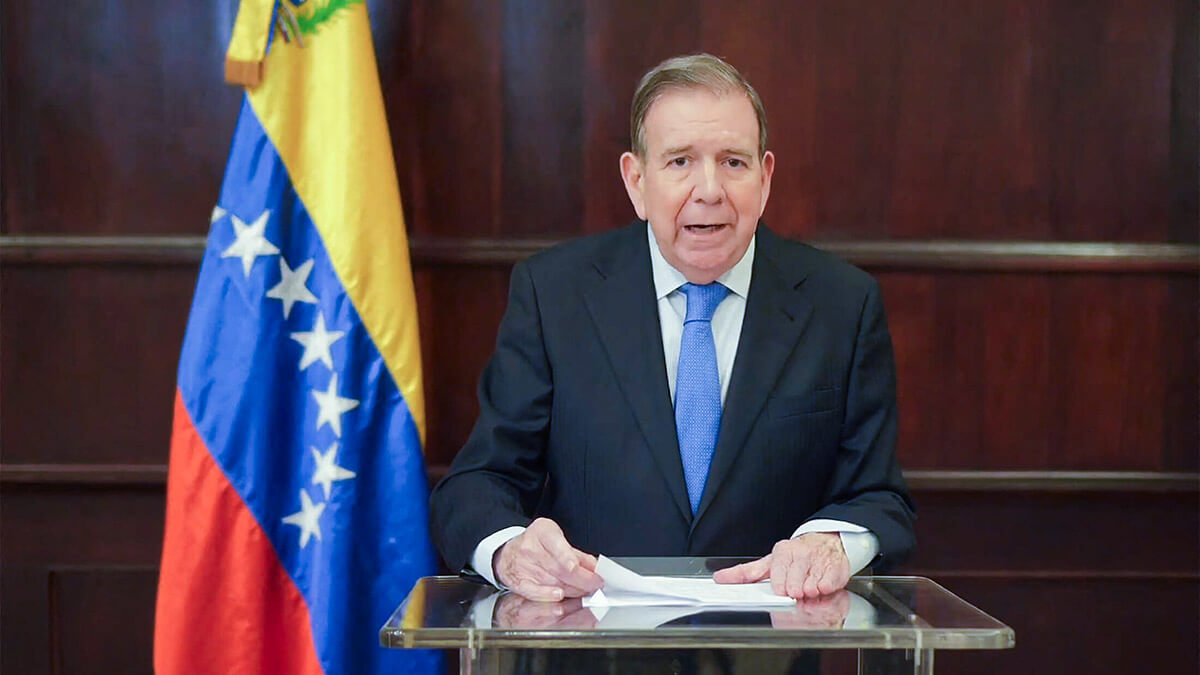
Gonzalez, for his part, has indicated on his social networks that he maintains his plans to assume power with a ‘secure entry, at the right time’ to make the votes he received at the polls count.
The challenge facing Venezuela with a new Maduro mandate remains monumental, especially in the context of an economic crisis that has persisted for years. In addition to shortages of basic goods and skyrocketing inflation, the quality of life for most Venezuelans continues to decline.
The minimum wage of less than three dollars a month is a clear reflection of the economic crisis that still persists. This not only limits the purchasing power of Venezuelans, but also leads to enormous social and economic inequality. The devaluation of the currency and the partial dollarisation of the economy have created an even wider gap between those who have access to foreign currency and those who depend exclusively on the bolivar.
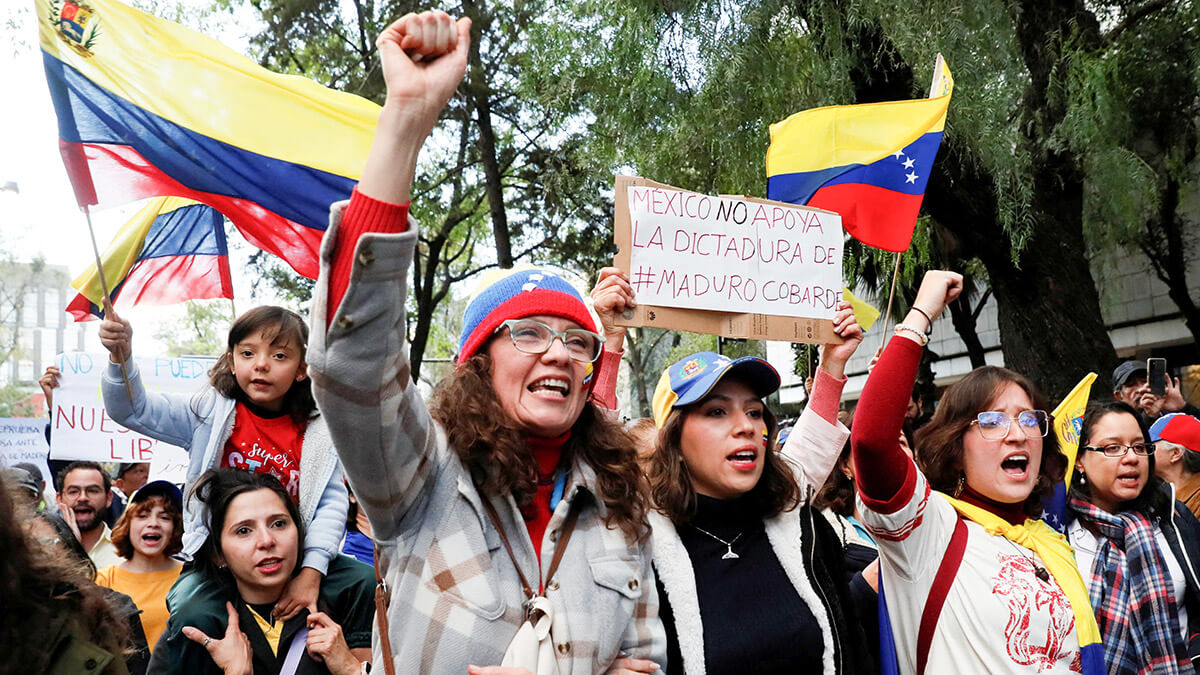
In this sense, a small group of people with close ties to the president and his allies benefit from privileged jobs and contracts that guarantee them a high standard of living.
In addition, irregular fuel supplies, which affect both individuals and businesses, create major difficulties for mobility and transport, negatively impacting productivity and general wellbeing. Deficiencies in public services, such as education and health, remain a major obstacle to the country's social and economic development.
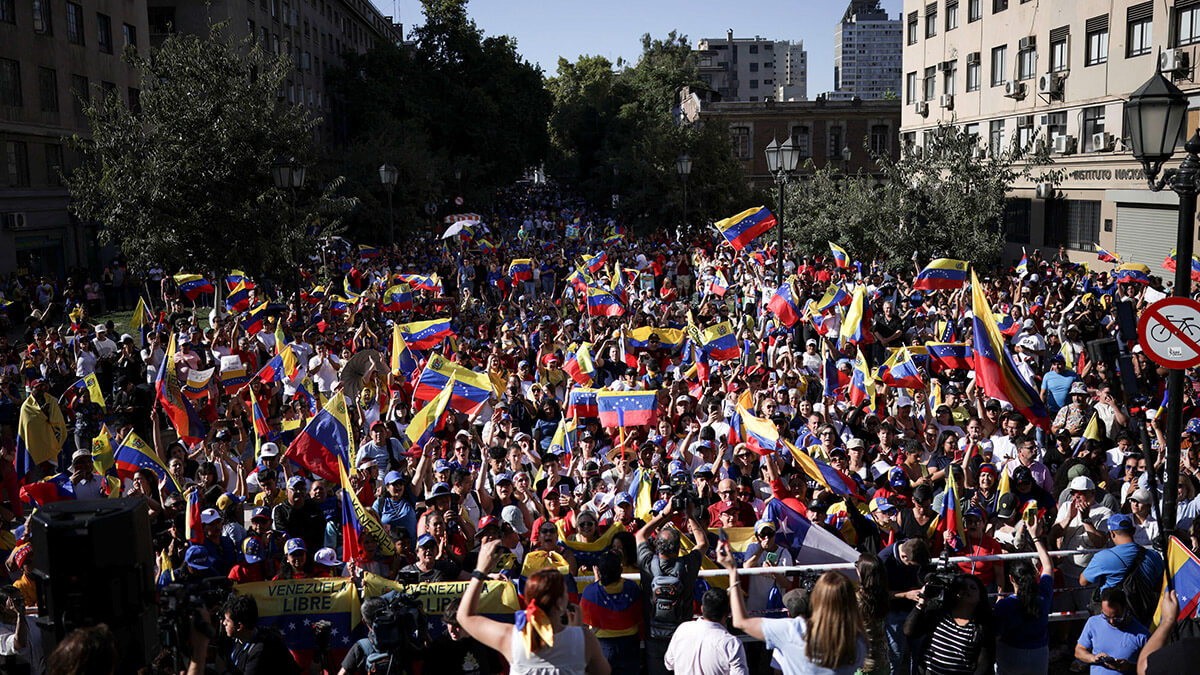
Despite the government's efforts to stabilise certain aspects of the economy, lack of investment in key sectors such as infrastructure and human capital, poor economic diversification and corruption remain difficult challenges to overcome.
In this context, measures that Maduro can take to alleviate the economic crisis, improve the welfare of citizens and ensure sustainable growth will be crucial. However, the outcome will largely depend on both internal and external factors, including developments in international relations and domestic policies.

